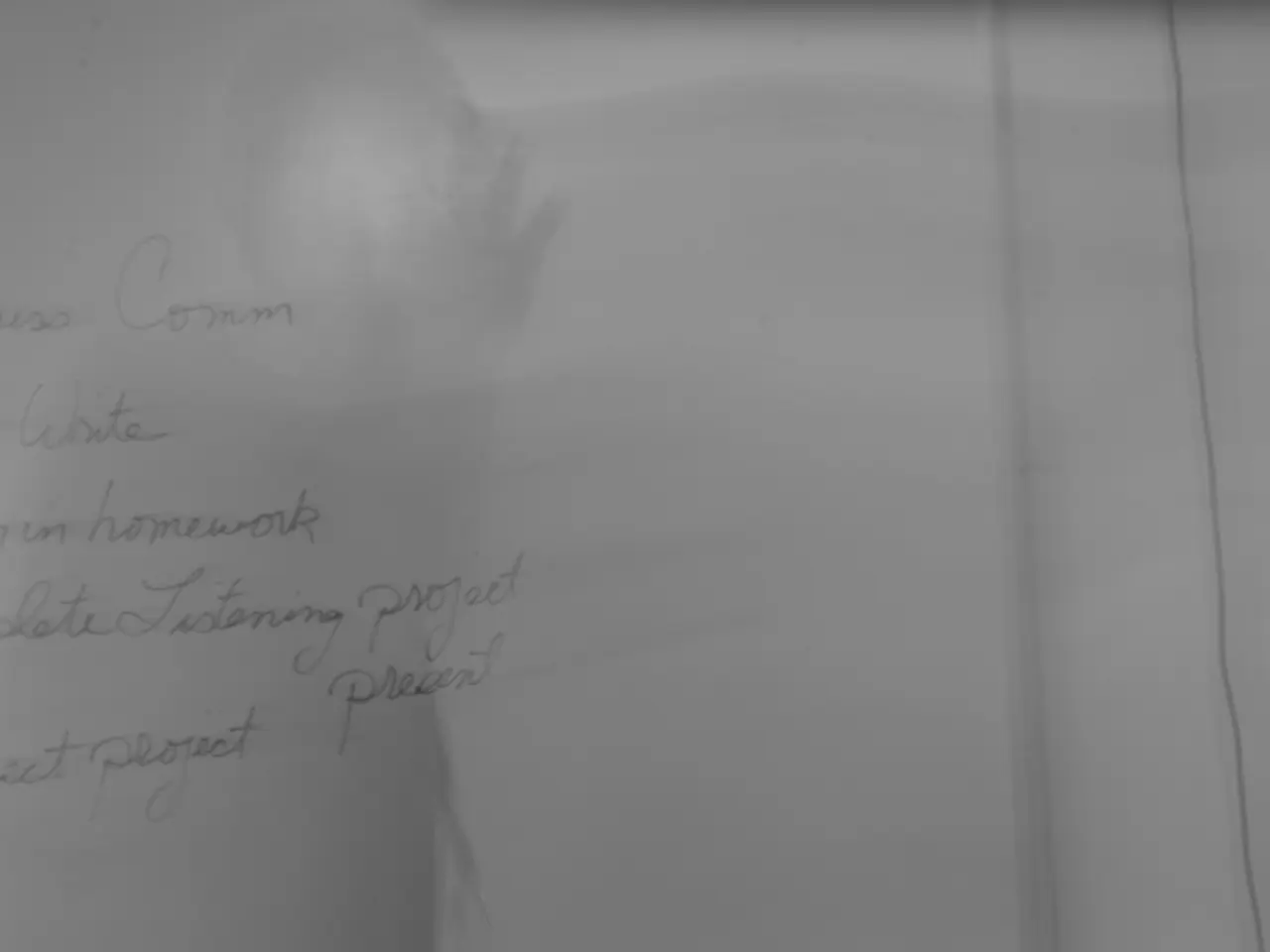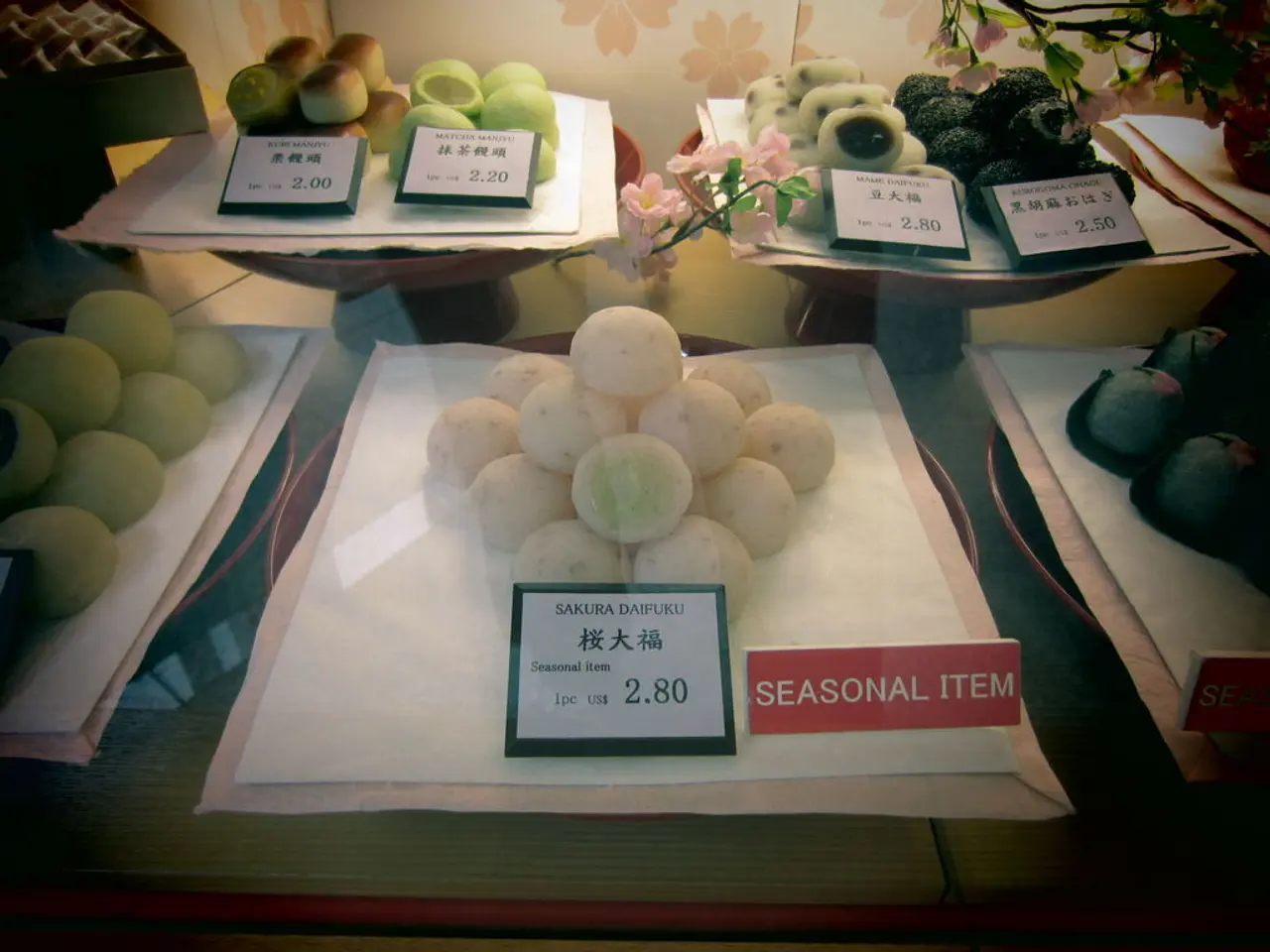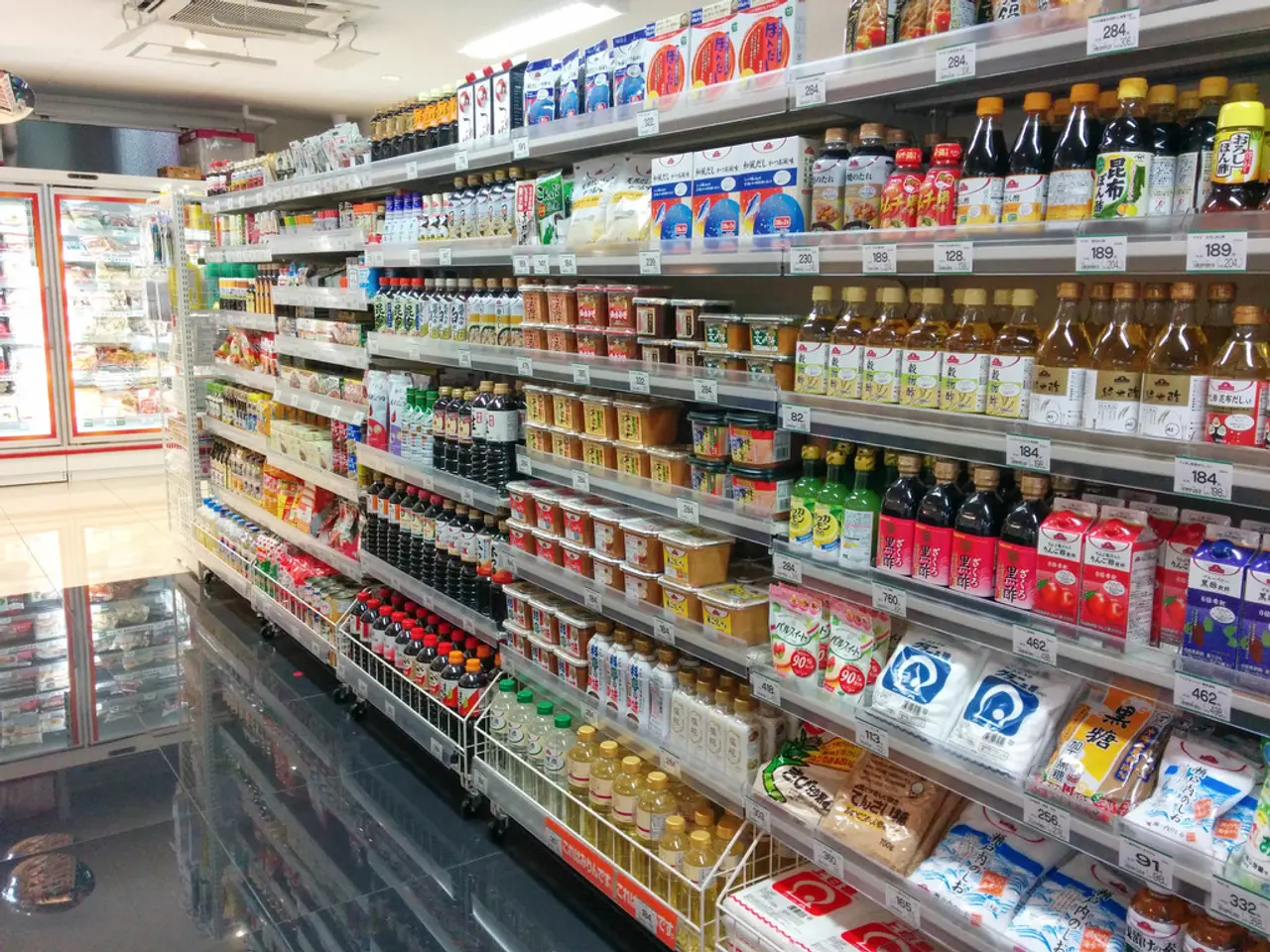Trump-Ishiba negotiations for accelerated suspension of US car tariffs
Japanese Prime Minister Shigeru Ishiba has expressed his intention to continue in his role to oversee the implementation of a significant trade deal with the United States, particularly focusing on the reduction of tariffs on automobiles.
The trade agreement, announced in July 2025, will lower US tariffs on imports of Japanese goods, including automobiles, to a baseline 15% tariff. The deal also involves Japan increasing imports of US agricultural products and opening its market more broadly to US goods.
Ishiba's decision not to sign an official document was motivated by a desire to avoid potential delays in the implementation of tariff cuts. However, this decision has drawn criticism from some opposition lawmakers, and Akazawa, Japan's top trade negotiator, acknowledged the criticism over the lack of a written agreement in Japan's trade deal with the US.
The formal regulatory implementation of the tariff reduction has not yet been completed as of early August 2025, with the official documentation in the US Federal Register yet to be publicly released. This implies that while the tariff reduction is agreed upon, it is not yet fully in effect administratively.
To ensure the swift execution of the tariff cuts, Ishiba has stated he would hold talks with US President Donald Trump. The talks are aimed at addressing any potential issues that could delay the implementation of the agreed tariff cuts. However, the talks are not scheduled at this time.
Ishiba described Trump's negotiating style as unconventional, stating that he could overturn rules. Despite this, Ishiba expressed "absolutely no hesitation" to hold talks with Trump, but declined to comment on when such talks could take place.
The execution of the agreed-upon tariff cuts for automobiles and auto parts in the US is not clear, clouding the outlook for Japan's fragile recovery. The delay in the formal legal step for enactment is causing uncertainty, as it is the exact effective date that depends on pending final procedural steps.
The talks between Ishiba and Trump are expected to focus on the implementation of agreed tariff cuts, with the ultimate goal of ensuring a smooth and timely reduction of tariffs on Japanese automobiles exported to the US.
[1] White House Fact Sheet on US-Japan Trade Agreement, July 2025. [2] Chief Cabinet Secretary Yoshimasa Hayashi's confirmation of the US-Japan Trade Agreement, July 2025.
- The US-Japan trade agreement, focusing on the reduction of tariffs on automobiles, is expected to have significant implications for the finance industry as it could boost exports and commerce between the two countries.
- As the US-Japan trade deal progresses, politics plays a crucial role in ensuring the agreement's smooth implementation, particularly with discussions between Japanese Prime Minister Shigeru Ishiba and US President Donald Trump centered around potential issues that may delay the tariff cuts in the industry and finance sector.




